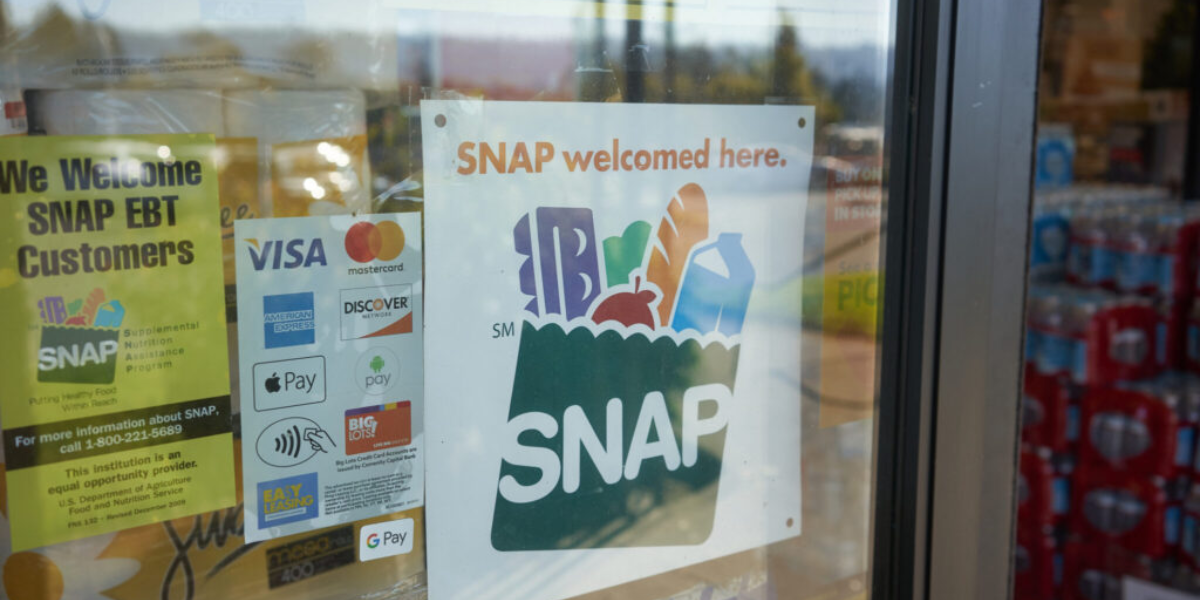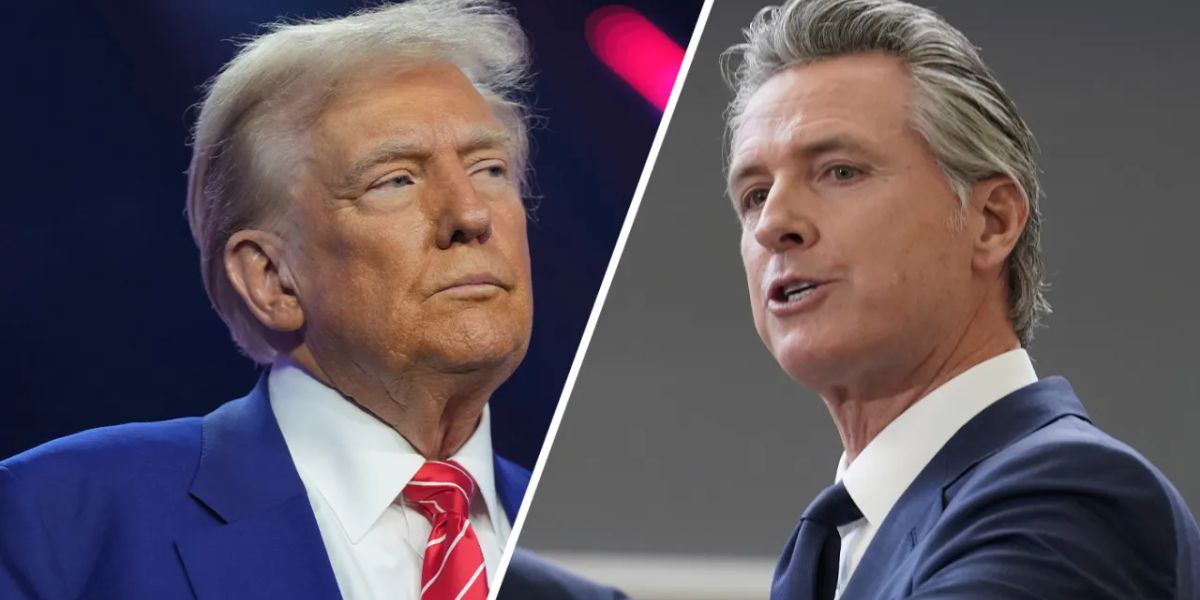Because of the One Big, Beautiful Bill Act, Arkansas will have to pay millions of dollars more in Supplemental Nutrition Assistance Program funds starting in October 2026.
The act extended a set of tax cuts. Part of the money for it came from big changes and cuts to SNAP and other welfare programs. For the first time in the 86-year history of SNAP, GOP lawmakers cut spending by putting the costs of aid payments on the states.
The amount each state gets will rely on how often it overpays or underpays SNAP benefits. This is shown as a percentage and is called the error rate.
The federal government will continue to pay for all SNAP benefits in states with mistake rates below 6%. However, starting in fiscal year 2028, states with error rates over 6% will have to pay at least 5% of the costs of benefits. When mistake rates reach certain levels, the share goes up. The law also raises the amount the state pays for management costs from 50% to 75% starting in FY2027.
The Department of Human Services says that Arkansas’s payment mistake rate is 7.29 percent right now.
To figure out what the cost-shifting will mean for Arkansas’ budget, the Advocate used the law. In the fiscal year that finished on June 30, the state’s budget went from having billion-dollar surpluses to having less than $400 million.
The state would have to pay an extra amount of just over $100 million in the most expensive case. In other situations, the hits were much smaller.
A lot of people are worried about this new cost-sharing plan because they think that thousands of people across the country could lose their benefits if states can’t or won’t pay for the higher cost-sharing.
“We expect that the Big Beautiful Bill is going to cut the number of people who are on SNAP benefits by a large amount,” said Dr. Hilary Seligman, a professor at the University of California, San Francisco who studies food insecurity and spoke to reporters about the bill.
About 42 million Americans get SNAP benefits. In June, 244,278 people and 129,089 households in Arkansas were registered in SNAP, according to Gavin Lesnick, a spokesperson for DHS. That’s about 8% of the people in the state and 10% of the families.
The law requires people to share costs more, which means “there will likely be reductions in the capacity of the state to support people,” Seligman said.
The Advocate found that Arkansas’s new legal obligations could cost the state as much as $102.13 million, which is about 55.17% of its expected fiscal year 2026 surplus. This does not include Arkansas’ current administrative cost-share obligation or possible rises in benefit costs or enrollment.
The cost-share for benefits would be 5% if Arkansas’ payment mistake stays the same at 7.29%. That could mean $49.97 million in new debts, or $26 million in new obligations just for benefit costs.
If the mistake rate goes up to 8%, the state’s share goes up to 10%. This means that the state has to pay $52.15 million more in benefit costs and has to pay a total of $76 million more under the law.
That’s about 41% of Arkansas’s expected profit for FY2026-26.
Pattern of holding
Before some of the new cost-sharing starts, the Arkansas Legislature will meet for its fiscal session. This will give them a chance to talk about any likely changes to spending and the budget. But cuts to SNAP in Arkansas, which is one of the poorest and least food-secure places in the country, might be felt more deeply.
The chief development officer for Arkansas Foodbank, Emily Piechocki, said that her group is getting ready to ask for even more donations to meet the higher demand.
She said, “We know we will see a greater need.” “We don’t think we’ll be able to make up the difference.” We are definitely going to try… Unfortunately, we will not be able to replace the money that the government used to give us.
The Arkansas Department of Human Services, which runs SNAP, turned down a request for an interview to talk about the changes and how they might affect Arkansas’s feeding programs. As soon as President Trump signs the tax and spending law into law, Lesnick said, the department will get “additional guidance” from the federal government.
As Arkansas’s once-strong balance shrinks, it might be hard to pay for the higher costs. Over the past few sessions, the Legislature has cut taxes, and Gov. Sarah Huckabee Sanders and the state’s Republican supermajority have focused on cutting taxes instead of raising them. Arkansas’s budget balance will drop from $367.9 million last month to $185.1 million by June 2026. It was $698.4 million at the end of FY2024.
For the same reason, Sanders has made ending child hunger one of the main goals of her government. She has often pushed for the passage of a law that would give all kids, regardless of their financial situation, a free breakfast at school.
Still, federal data shows that Arkansas has lost about 35% of the people and about 23% of the households that were on SNAP since FY 2018. This is happening even though food insecurity has gotten worse in the state and food banks say that the demand for help has stayed high since the pandemic.
Kent Eikenberry, CEO of the Northwest Arkansas Foodbank, talked about how long it will be before many of the changes take place.
“We’ll be trying to figure out what exactly it is going to mean for the people we serve for the next couple of years,” Eikenberry said.
Both Eikenberry and Piechocki said that the need for food at their food banks has grown a lot in the last few years.
Piechocki said, “We’re kind of coming down from that time when there was more funding [to address food insecurity], and I think the need has remained, unfortunately.” In the last few years, the amount of food the organization gives out has doubled. “This kind of higher level of distribution has been kept up.”
Cathy May, who runs SNAP for the Arkansas Hunger Relief Alliance, said it would be a “tragedy” if states had to cut back on or get rid of the nutrition program because of the government cuts. May was cautiously optimistic about Arkansas’s chances of getting funds. She said that the alliance planned to work closely with the state to help communities.
May said, “I hope our state will get through, but you know, part of it depends on the error rates.”
May said she was “heartbroken” when the One Big Beautiful Bill Act was passed by Congress. She knew what it could mean for people who depend on the long-running feeding program, so she called the moment “crushing.”
May said, “There’s nothing pretty about it.” There is nothing more ugly I have ever seen in my life.


 by
by 

